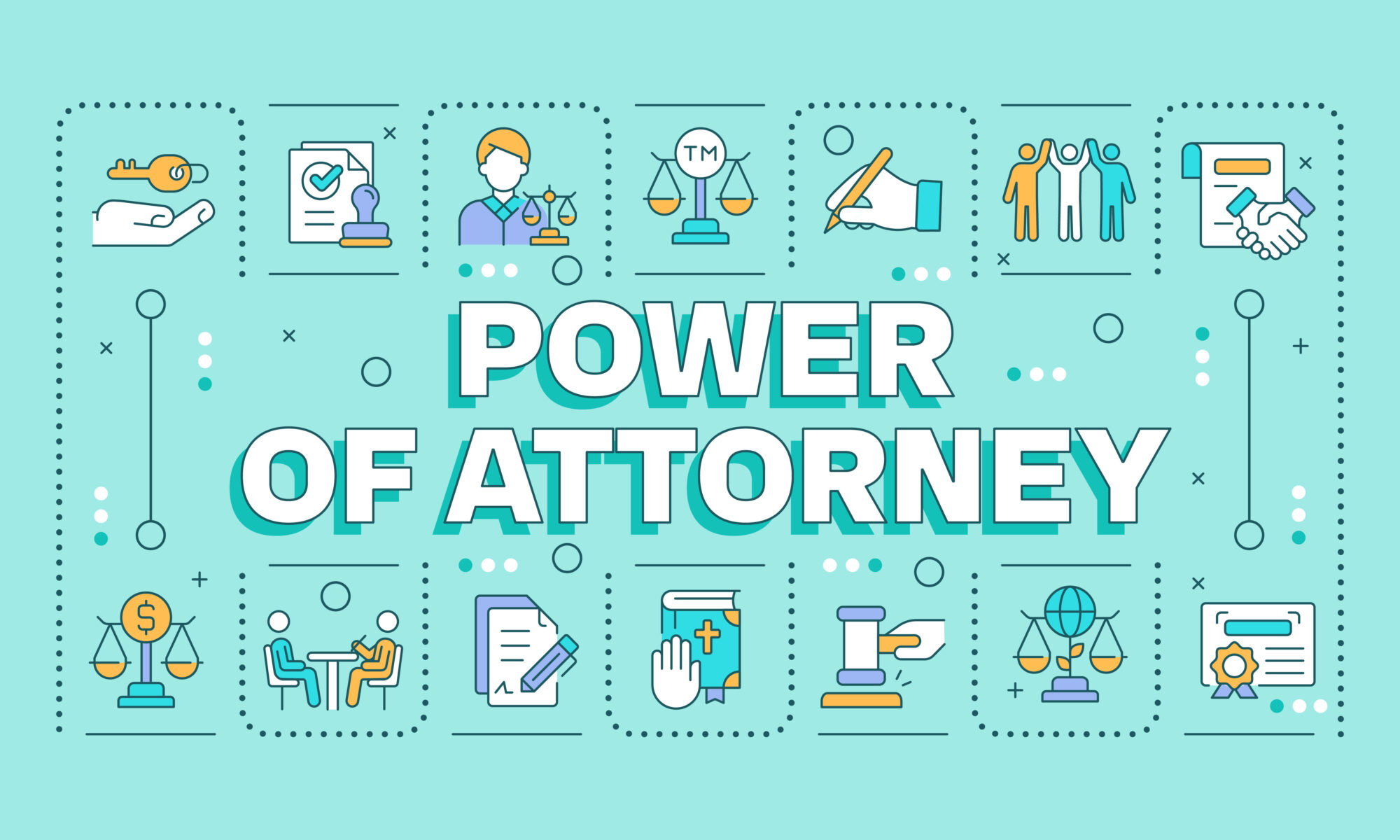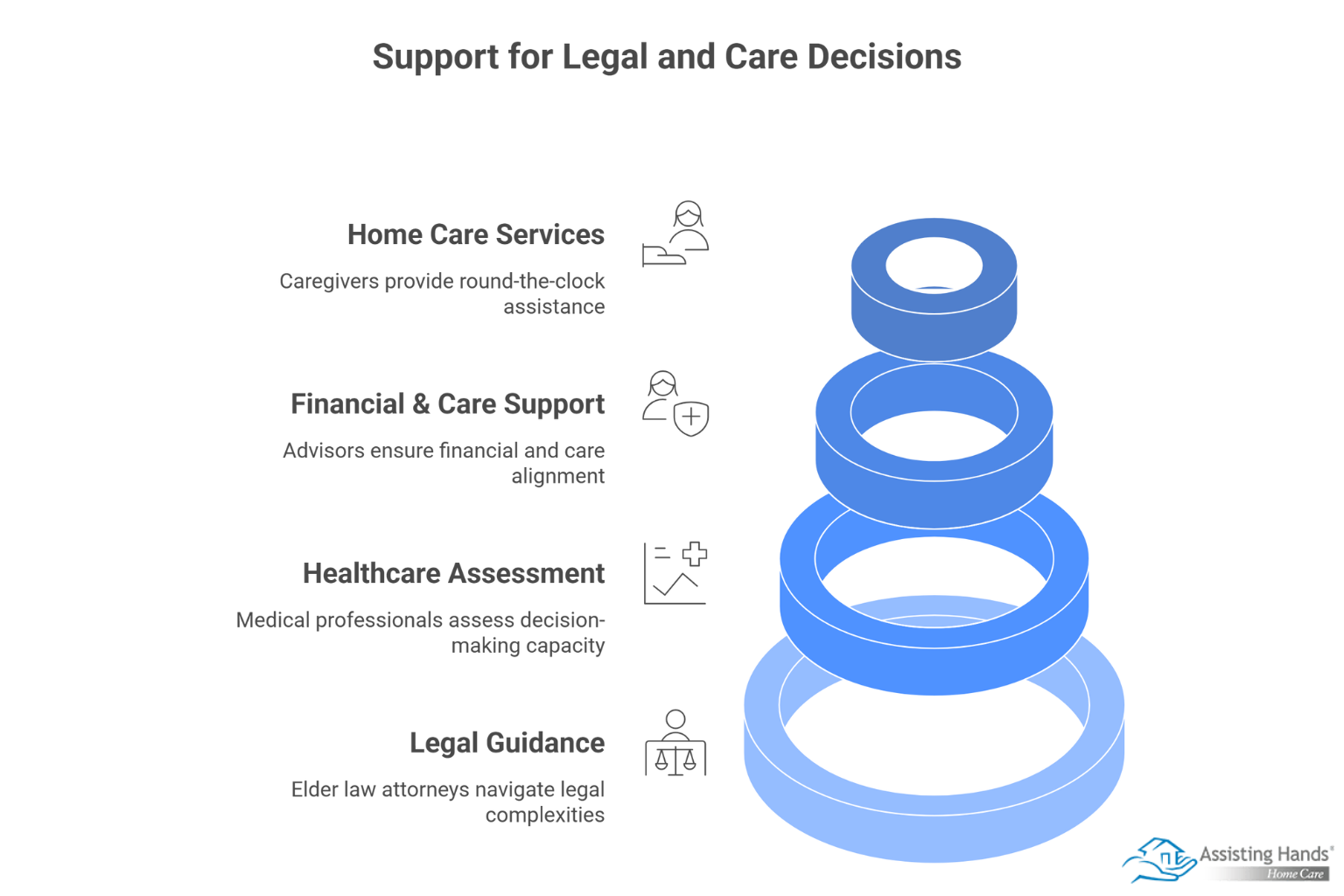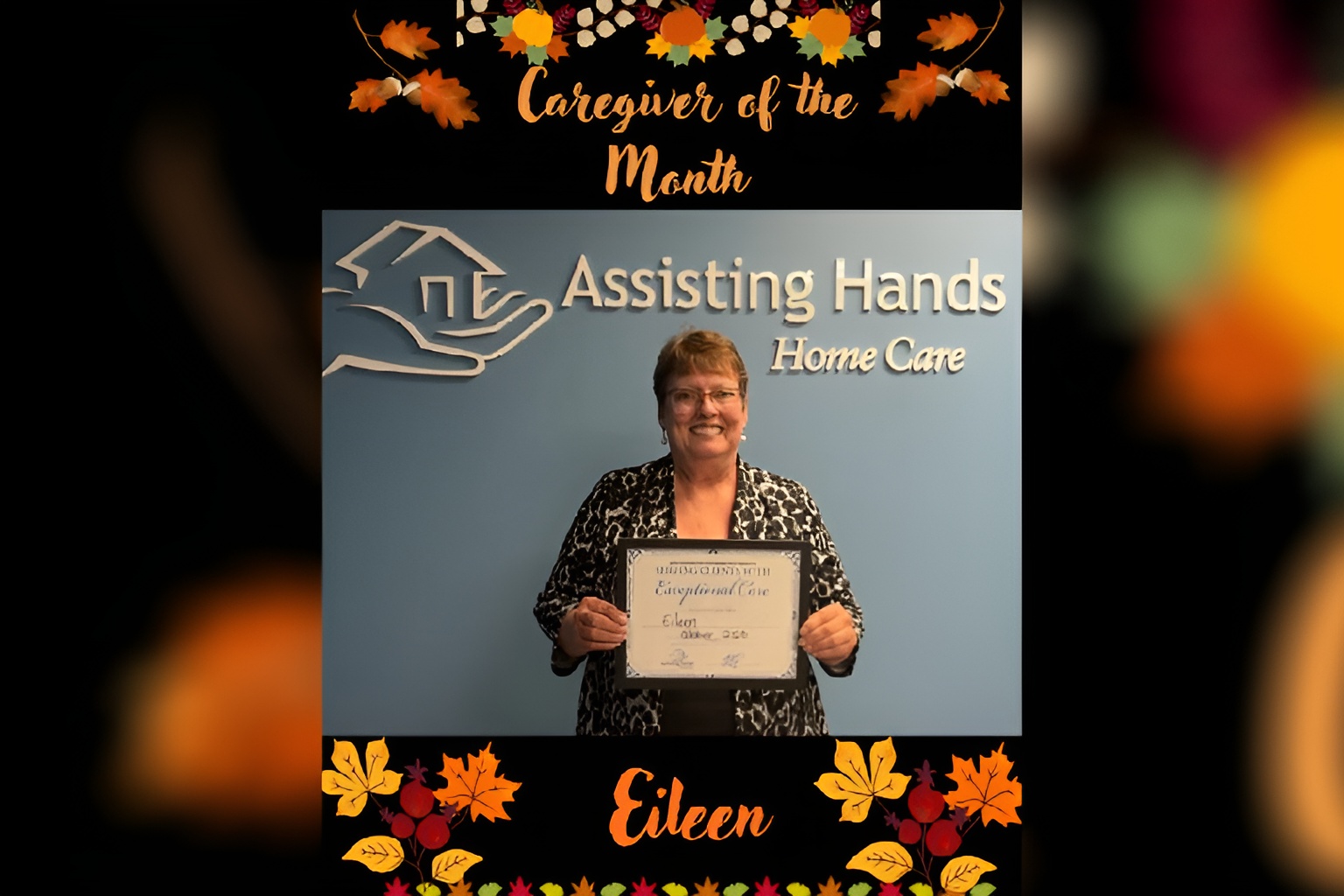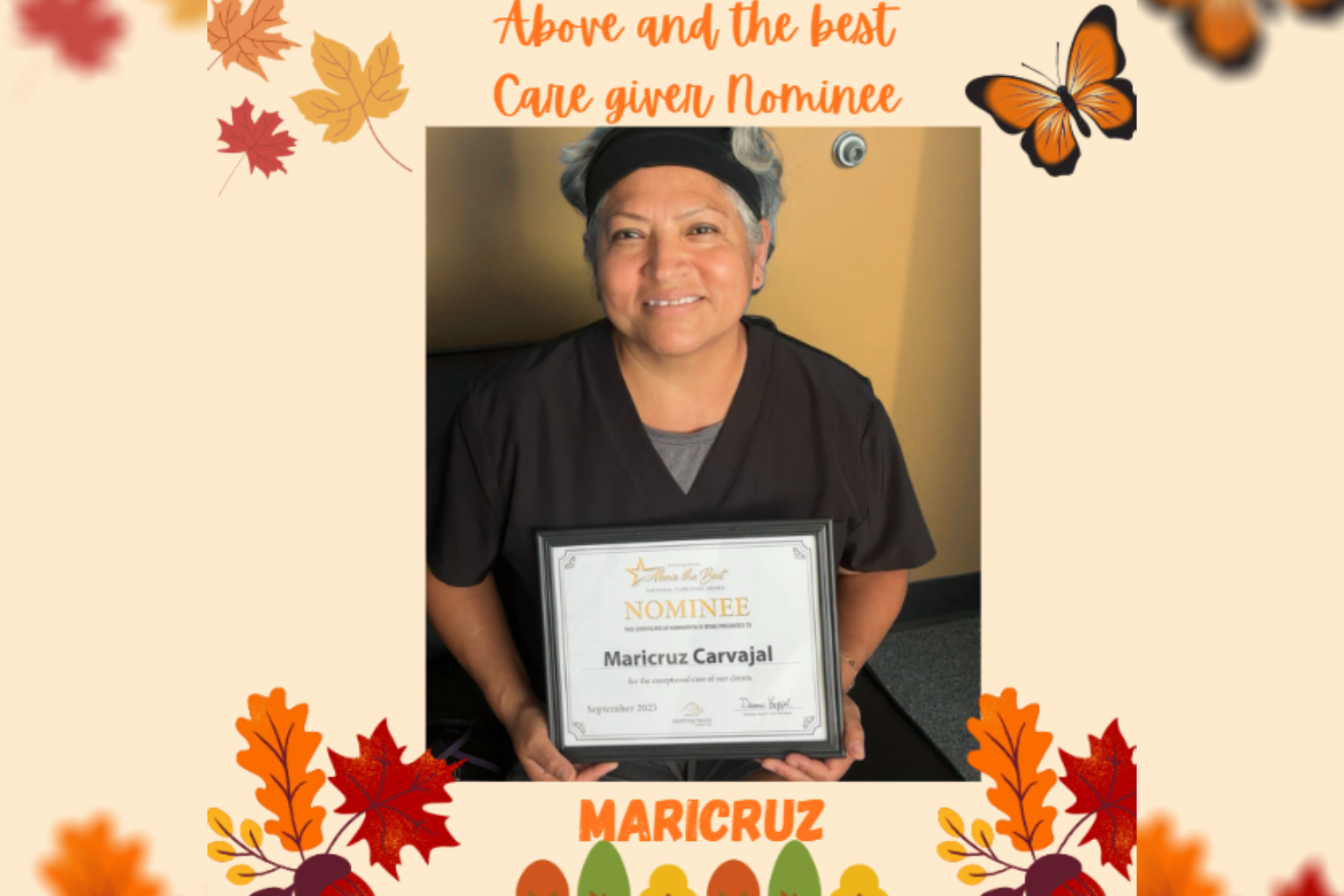
Table of Content
When a senior loved one can no longer make important decisions due to illness, injury, or cognitive decline, family members must understand the legal options available to protect their loved one’s interests. Power of attorney and guardianship serve as crucial legal tools that allow designated individuals to act on behalf of someone who cannot advocate for him or herself.
Understanding Power of Attorney Basics
Power of attorney (POA) is a legal document that grants one person the authority to act on behalf of another in specific matters. This arrangement requires the person granting power (the principal) to be mentally competent at the time of signing.
Several types of power of attorney address different needs:
- Financial power of attorney – Covers banking, investments, property management, and bill paying
- Healthcare power of attorney – Allows medical decision-making when the principal cannot communicate his or her wishes
- Durable power of attorney – Remains effective even after the principal becomes incapacitated
- Limited power of attorney – Restricts authority to specific tasks or time periods
The key advantage of power of attorney is that it can be established while the individual is still mentally capable, avoiding court intervention later. This proactive approach provides families with greater control over who will make decisions and how those decisions align with the person’s values and preferences.
Helping a senior loved one create a power of attorney isn’t the only potentially overwhelming responsibility you may have to face. One of the most challenging tasks of helping an elderly relative age in place safely and comfortably is researching agencies that provide at-home care. Libertyville families can turn to Assisting Hands Home Care for reliable, high-quality in-home care for aging adults. We offer 24-hour care for seniors who require extensive assistance, and we also offer respite care for family caregivers who need a break from their caregiving duties.

When Guardianship Becomes Necessary
Guardianship involves a court-appointed individual who gains legal authority over someone deemed unable to make his or her own decisions. Unlike power of attorney, guardianship requires judicial proceedings and ongoing court supervision.
Courts typically consider guardianship when:
- No power of attorney exists and the person is incapacitated
- Existing power of attorney documents are insufficient for the situation
- There are concerns about abuse or exploitation by current decision makers
- Family members disagree about care decisions
The guardianship process involves medical evaluations, court hearings, and appointment of a guardian who must regularly report to the court. This legal protection ensures oversight but creates additional complexity and expense compared to power of attorney arrangements.
Comparing Your Legal Options
Both power of attorney and guardianship serve important roles, but they differ significantly in implementation and scope. Power of attorney offers more flexibility and privacy, since it doesn’t require court involvement once it’s established. The designated agent can begin acting immediately when needed, and the arrangement can be tailored to specific circumstances.
Guardianship provides stronger oversight through court supervision, which can be beneficial when there are concerns about potential abuse or when family members cannot agree on decisions. However, this protection comes with ongoing legal requirements, regular reporting, and associated costs.
Key considerations when choosing between options include:
- Timing – POA must be established while the person is competent. Guardianship can be pursued after incapacity.
- Cost – POA involves primarily up-front legal fees. Guardianship requires ongoing court costs.
- Privacy – POA arrangements remain private. Guardianship proceedings are public record.
- Flexibility – POA can be customized. Guardianship follows court-mandated procedures.
Planning Ahead for Family Protection
Advance planning protects both individuals and their families from stressful legal proceedings during health crises. The ideal approach involves creating comprehensive power of attorney documents while the person is healthy and mentally sharp.
Essential planning steps include:
- Consulting with an elder law attorney to understand state-specific requirements
- Selecting trustworthy individuals who understand the person’s values and wishes
- Creating both financial and healthcare power of attorney documents
- Discussing preferences and expectations with designated agents
- Reviewing and updating documents periodically as circumstances change
Families should also consider creating advance directives, living wills, and healthcare proxies as part of comprehensive planning. These documents work together to ensure someone’s wishes are respected and that trusted individuals can act quickly when needed.
Making decisions for your loved one may include hiring a home caregiver to ensure your parent’s safety and comfort. If you have a senior loved one who needs help maintaining a high quality of life while aging in place, reach out to Assisting Hands Home Care, a leading provider of senior home care families can rely on. All of our caregivers are bonded, licensed, and insured, there are no hidden fees, and we never ask our clients to sign long-term contracts.
Working with Legal and Healthcare Professionals
Successfully managing power of attorney or guardianship responsibilities often requires guidance from qualified professionals. Elder law attorneys specialize in these complex arrangements and can navigate state laws, court procedures, and documentation requirements.
Healthcare providers play a crucial role in determining when someone can no longer make his or her own decisions. Medical professionals can provide the necessary assessments and documentation required for legal proceedings while also helping families understand the progression of conditions that affect decision-making capacity.
Financial advisors and geriatric care managers can also provide valuable support in implementing and managing these legal arrangements. Their expertise ensures financial and care decisions align with the person’s best interests while meeting all legal requirements.
Making these types of crucial decisions for a loved one can be challenging, especially if you have other important duties to tend to. Whether you need respite from your caregiving duties or your aging loved one needs live-in care, Libertyville, IL, Assisting Hands Home Care can meet your family’s care needs. Our dedicated caregivers are available around the clock to provide transportation to doctor’s appointments, ensure seniors take their prescribed medications, and help with a variety of tasks in and outside the home. To create a customized care plan for your loved one, call us today.






